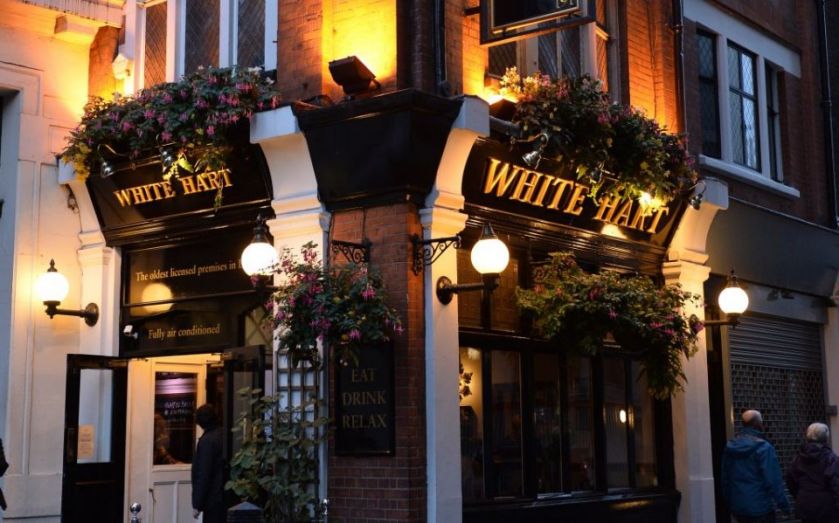Q&A: What are beer ties and why are they in a frayed knot?

Q What are tied-pubs and how does the arrangement work?
A These are pubs that buy beer from the firm that holds their lease at above market prices in return for benefits like lower rent.
Q Why have tied-agreements proved so controversial?
A Opponents of tie-agreements argue they stifle competition and lead to higher prices for customers, less choice and poorer quality beer. Pressure groups like the Campaign for Real Ale (Camra)believe that allowing tenants to buy beer on the open market will encourage competition.
Q What are the benefits of a beer-tie?
A Beer ties effectively help would-be pub landlords to share the risk of opening a pub with the company that owns the pub, lowering the barrier to entry. Landlords are required to buy beer from the company, often at a higher price than on the free market. But in return the pub group will subsidise their rent and offer other benefits such as help furnishing the pub and free satellite television.
Q What exactly happened in the House of Commons and what next ?
A The amendment, which was proposed by Liberal Democrat MP Greg Mulholland, effectively scraps the beer tie allows tied-landlords to buy beer or cider anywhere and have rents independently assessed when leases next come up for renewal. However the proposal still needs to be voted on in the House of Lords and several other stages of legislation before being enacted. This could take years.
Q What impact could this have on the industry?
A The British Beer and Pub Association called it a “hugely damaging” decision and said it could prompt the closure of 1,400 more pubs with 7,000 job losses. Numis analyst Douglas Jack said he expected legal challenges and that changes would further deter landlords from investing in the industry. The changes are also likely to significantly lower earnings for pub groups, as their property valuation is linked to income from pubs.